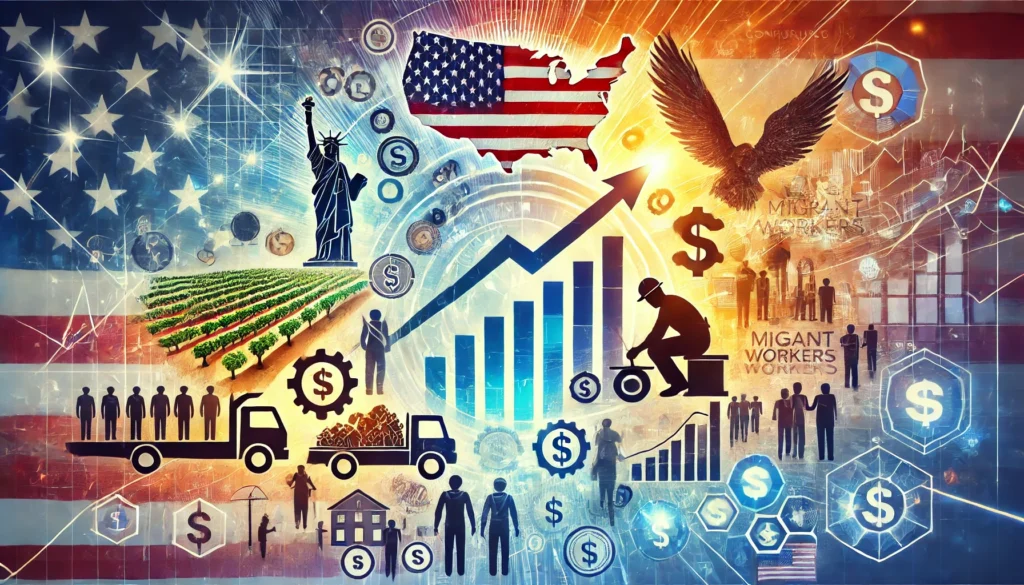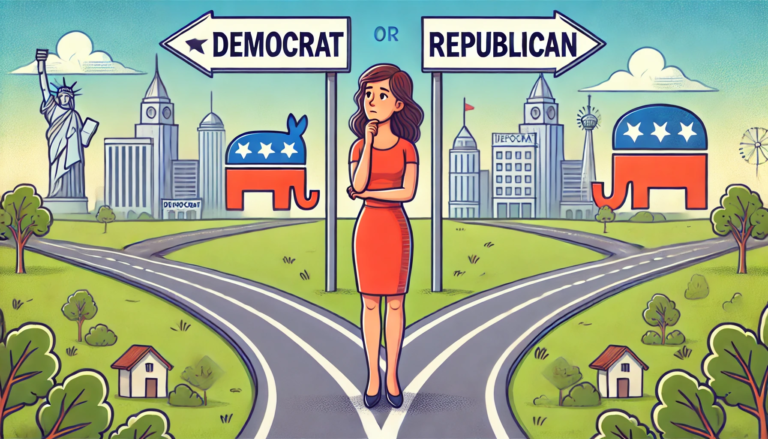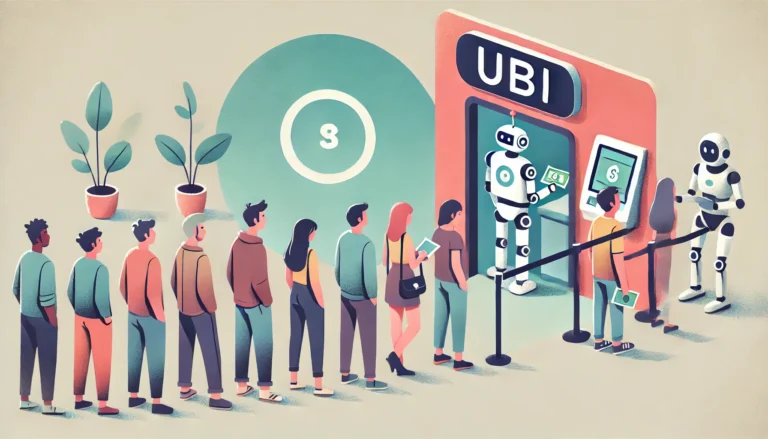How Migrant Workers Overcome Challenges and Drive the U.S. Economy

In the bustling landscape of the United States, migrant workers play a pivotal role in sustaining the nation’s economy. From agricultural fields to construction sites, these individuals are the backbone of many industries. Yet, despite their indispensable contributions, the struggle for migrant workers in the USA is fraught with challenges, misconceptions, and societal resistance. This article delves into the complexities of their plight, the economic demands for their labor, and how American society can forge a path towards fairer treatment and integration.
The Economic Necessity of Migrant Workers
The U.S. economy heavily relies on migrant labor. According to the U.S. Department of Agriculture, over 70% of farmworkers are foreign-born, with many lacking proper documentation. This statistic underscores the critical role migrant workers play in maintaining food production and affordability. In construction, hospitality, and healthcare, the demand for migrant labor continues to grow as the native workforce ages and birth rates decline.
Keywords: migrant workers, U.S. economy, labor demand, foreign-born farmworkers, construction labor, healthcare workforce
The Struggle: Legal and Social Barriers
Despite their economic importance, migrant workers face numerous hurdles. Legal barriers, including restrictive immigration policies and a convoluted visa process, often leave many in a precarious state. The H-2A and H-2B visa programs, designed for agricultural and non-agricultural workers respectively, are marred by inefficiencies and caps that do not meet the labor market’s demands.
Socially, migrant workers encounter prejudice and xenophobia. Public discourse frequently scapegoats them for taking jobs from native workers, despite evidence to the contrary. This narrative fuels policies that exacerbate their marginalization, such as stringent deportation practices and limited access to social services.
Keywords: immigration policies, H-2A visa, H-2B visa, xenophobia, labor market, deportation
Society’s View: Divided Perspectives
American society is divided on the issue of migrant workers. On one hand, there is a growing recognition of their contributions, particularly during crises like the COVID-19 pandemic when they were deemed essential workers. On the other hand, political rhetoric and media portrayal often paint a negative image, influencing public perception and policy.
A Pew Research Center survey revealed that while a majority of Americans support pathways to citizenship for undocumented immigrants, a significant portion advocates for stricter immigration controls. This dichotomy reflects the broader societal struggle in balancing economic necessity with national identity and security concerns.
Keywords: public perception, essential workers, pathways to citizenship, stricter immigration controls, national identity

Solutions: Toward a Fair and Sustainable Future
To address the struggle of migrant workers, a multifaceted approach is essential. Here are some proposed solutions:
- Comprehensive Immigration Reform: Streamlining visa processes and increasing quotas for temporary work visas can help meet labor demands more efficiently. Additionally, providing a clear, attainable path to citizenship for undocumented workers can stabilize the workforce and integrate these individuals into society.
- Legal Protections and Labor Rights: Strengthening labor laws to protect migrant workers from exploitation and ensuring they have access to healthcare, education, and social services is crucial. Programs that promote fair wages and safe working conditions will also benefit the broader economy by fostering a healthier, more productive workforce.
- Public Awareness Campaigns: Educating the public about the true economic impact of migrant workers can help shift perceptions. Highlighting success stories and contributions can counteract negative stereotypes and build a more inclusive societal attitude.
- Collaboration with Businesses: Encouraging businesses to advocate for and support migrant workers through fair hiring practices and partnerships with community organizations can drive positive change. Companies that prioritize ethical treatment of their workers often see enhanced productivity and loyalty.
Keywords: immigration reform, labor rights, public awareness, fair wages, business collaboration, ethical hiring practices
Conclusion
The struggle for migrant workers in the USA is a complex issue intertwined with economic demands and societal attitudes. By acknowledging their vital role and implementing comprehensive solutions, the United States can move towards a future where migrant workers are not just seen as a necessity but as valued members of society. It is time to transform rhetoric into action and build a fairer, more inclusive America.
Keywords: migrant workers, economic contributions, comprehensive solutions, inclusive society, valued members
By incorporating these key points and actionable solutions, we can begin to address the systemic challenges faced by migrant workers, ensuring their well-being and the continued prosperity of the U.S. economy.
Bibliographic References
- U.S. Department of Agriculture. (2021). “Farm Labor: Background.” Retrieved from USDA Economic Research Service
- Pew Research Center. (2021). “Most Americans Support Pathway to Legal Status for Undocumented Immigrants.” Retrieved from Pew Research
- Migration Policy Institute. (2020). “Immigration Reform and Agriculture: Moving Forward.” Retrieved from Migration Policy Institute
- American Immigration Council. (2021). “An Overview of U.S. Refugee Law and Policy.” Retrieved from American Immigration Council
- Economic Policy Institute. (2018). “The Role of Immigrant Workers in the U.S. Labor Market.” Retrieved from Economic Policy Institute
- National Immigration Forum. (2020). “The Facts on Immigration Today.” Retrieved from National Immigration Forum
- U.S. Chamber of Commerce. (2019). “Immigration Myths and Facts.” Retrieved from U.S. Chamber of Commerce
- Brookings Institution. (2021). “Immigration and the American Worker.” Retrieved from Brookings
- Center for American Progress. (2020). “The Economic Benefits of Passing the DREAM Act.” Retrieved from Center for American Progress
- The New York Times. (2021). “Essential but Illegal: Farm Workers Weren’t Protected by Covid Aid.” Retrieved from The New York Times







